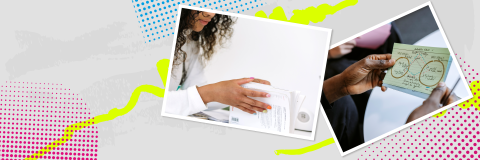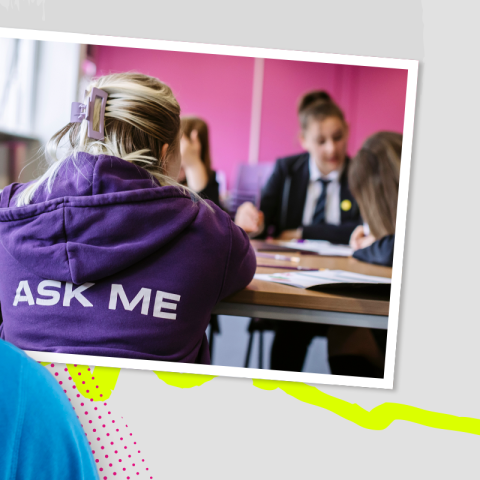

Sometimes struggle with your revision?
Start early, have a plan, make the difference
Revision doesn’t have to be a word that gives you the chills.
When we know our exams are coming up, for many of us that means cramming in as much information as possible and hoping the stress and the tiredness doesn’t catch up with us.
But there are a few simple things you can do to make your revision a much smoother process.
Top tips for revision success
1. Mix things up a little
Reading and writing notes isn’t for everyone. It can be hard to stay motivated if you find things too repetitive. Try using flashcards, watching videos or drawing mind maps to mix it up a little and find a strategy that works for you.
2. Plan bitesize chunks
To help you space out your revision, create a plan for what you are going to learn each day. By setting yourself bitesize revision goals, this will help you avoid cramming too much in and keep you focused on one task at a time.
3. Test yourself
Giving yourself extra tests before the big exam doesn’t sound very appealing, but it can be really helpful in learning things faster, identifying gaps in your knowledge and can help settle those pre-exam nerves by helping you get used to the idea of sitting a test.
4. Give yourself a break
Having a plan for your revision is important to stay on track, but it will also help you to schedule regular breaks to catch up on social media and balance your work with other fun stuff. It’s important to balance your study with your social life.
Consider how your brain works best
When revising, or trying to memorise any important information, it’s important to consider how you like to learn. Because if you’re a visual learner, who likes colours, diagrams or charts, your brain will struggle to take in the information if you’re just reading page after page of your textbook.
Memory techniques to try at home
We all learn in different ways and most of us have a preferred way to learn or absorb information.
Depending on your learning preferences, you may find that different revision or memory techniques work better for you. Here are a few examples of techniques you can try:
Mind maps
These are great for visual learners as they can organise your written information into sections that are easier for your brain to absorb. You might also choose to write or highlight separate topics or sections in different colours too. If you’re a kinesthetic learner, you might also want to give mind maps a go because remembering where the information is on the page may also help you to remember the facts written there.
Loci
This technique is all about the location of objects, or the imaginary location. For example, you could make revision notes or mind maps and put them up in different rooms of your house. When you need to recall the information you can then picture yourself back in that room and it may help you to recall the information. Particularly if you’re a kinesthetic learner.
Rhyming Triggers and Mnemonics
You might be familiar with Richard Of York Gave Battle In Vain, a popular mnemonic for helping children remember the order of the colours in the rainbow. Making up rhymes or memorable phrases for your revision can be particularly helpful for auditory learners. Especially if you’re trying to remember the rule for a maths equation or the date of a battle in history.




